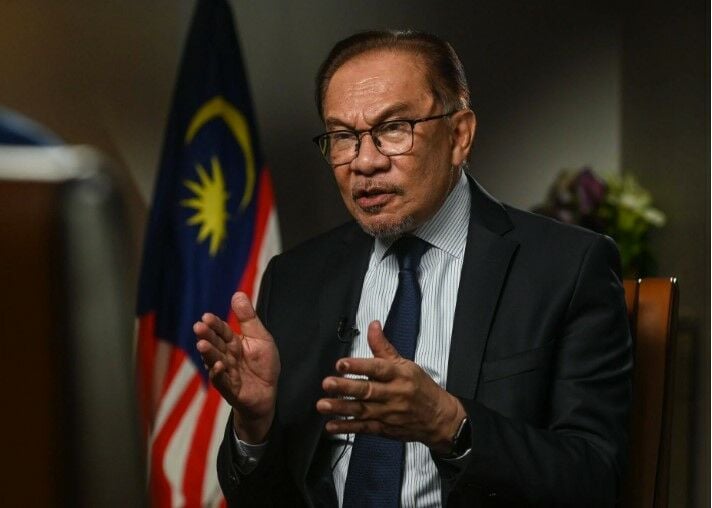Malaysia PM reshuffles Cabinet: Second finance minister appointed

Malaysian Prime Minister Anwar Ibrahim orchestrated a Cabinet reshuffle, unveiling a strategic plan to fortify his administration and rebuild public confidence, just one year into his tenure.
In a much-anticipated move, Anwar unveiled five new ministerial appointments, expanding the Cabinet’s reach to navigate the challenges of today and confront global shifts, notably the surge of artificial intelligence. The headline change saw the revival of the position of second finance minister, a role filled by the skilled head of Malaysia’s largest pension fund, Amir Hamzah Azizan, in a bold bid to deflect criticism and bolster the prime minister’s economic agenda.
While retaining the Finance Ministry’s helm, the Malaysian PM emphasised the importance of assembling a professional team to steer the nation on the right track and foster economic growth. A strategic portfolio shuffle ensued, with key ministers trading places to better align with the current demands and global trends.
Mohamad Hasan, the deputy president of the United Malay National Organization (UMNO) party, transitioned from defence to foreign affairs, signalling a diplomatic shift. Deputy Prime Minister Fadillah Yusof embraced a novel role overseeing energy transition and public utilities, ushering in a new era for Malaysia’s sustainable future.
Notable comebacks include Dzulkefly Ahmad as the health minister, lauded for his past successes and expected to address longstanding healthcare issues. Meanwhile, seasoned lawmaker Gobind Singh Deo steps into the limelight as the digital minister, a groundbreaking position designed to revolutionise the government’s social media presence.
The Cabinet reshuffle, however, was not without its controversies. A graft case involving the human resources minister led to his replacement, underscoring the prime minister’s commitment to integrity and accountability, reported AP.
New Cabinet
Speaking of fiscal responsibility, Anwar announced the continuation of a 20% pay cut for ministers and reaffirmed his decision to forgo a prime ministerial salary. He expressed confidence in the current lineup, asserting their longevity if performance benchmarks are met. The Prime Minister’s Office disclosed an expanded Cabinet, now comprising 31 ministers, up from the previous 28, with the overall size reaching 60 members, up from 55.
The 76 year old former opposition leader turned prime minister, faces the challenge of steering a unity government that includes former rivals like UMNO and various smaller parties. While commanding a parliamentary majority, the Malaysian PM grapples with a potent Islamic opposition and lingering trust issues among ethnic Malay voters, who perceive his government as overly liberal, raising concerns about the neglect of their interests.
Latest Thailand News
Follow The Thaiger on Google News:


























